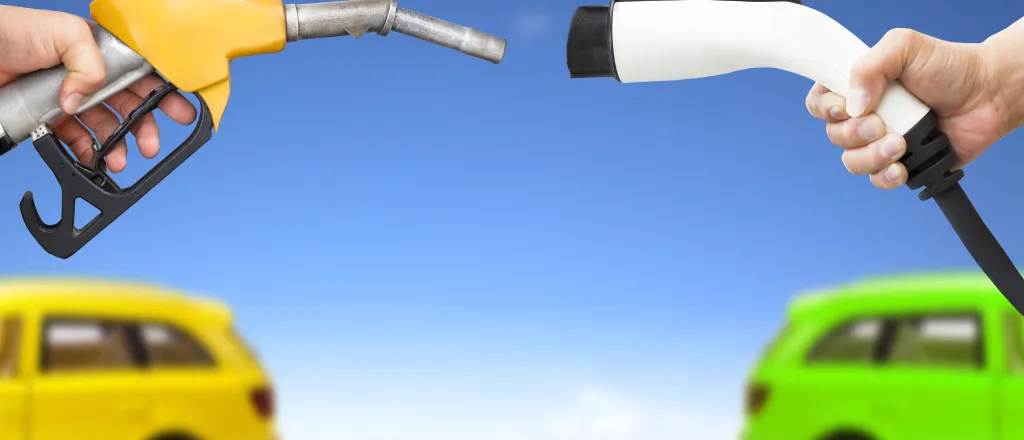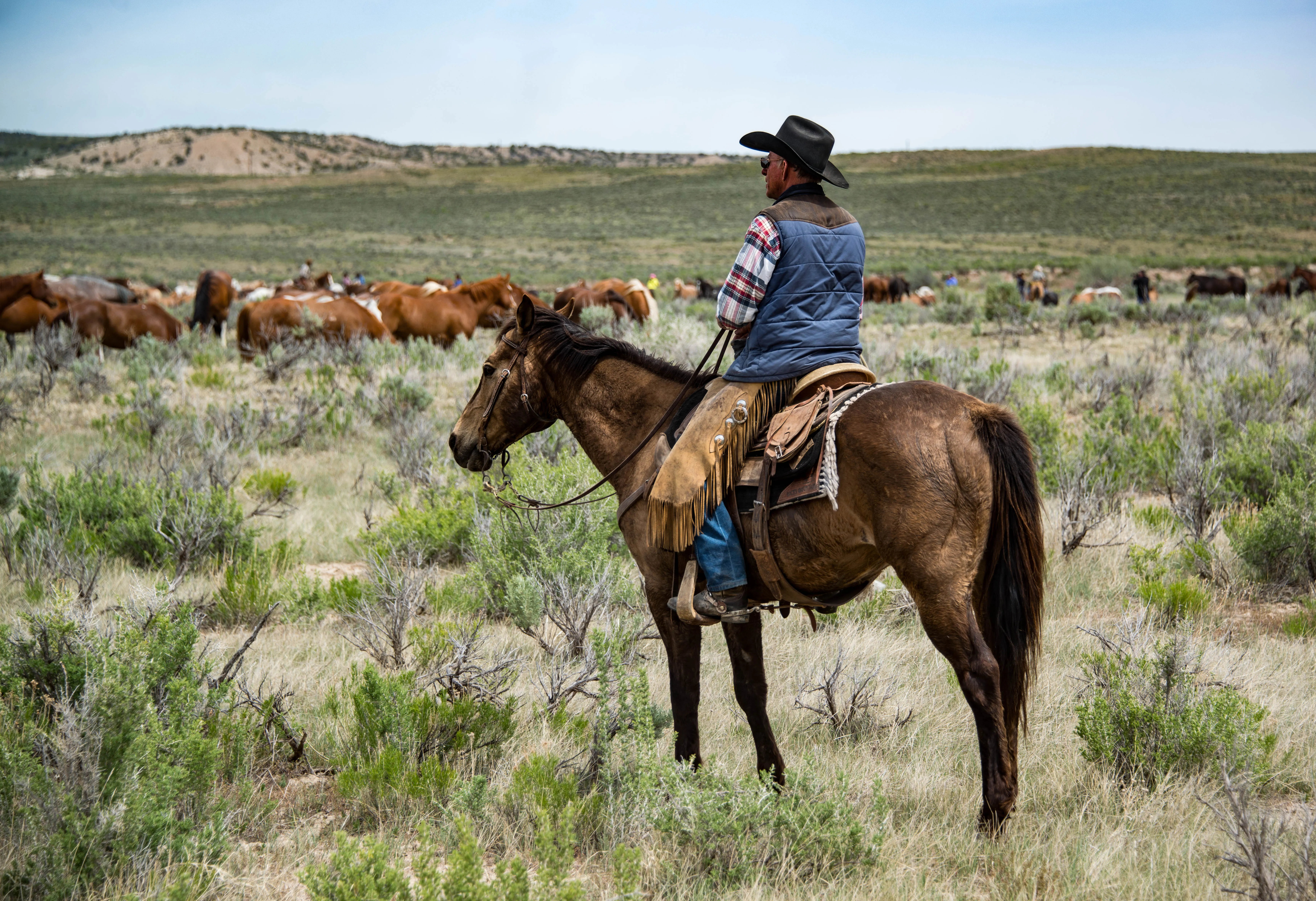
Tie to California law could kill Virginia gas vehicle sales by 2035
(The Center Square) – Tied to California law by a 2021 decision, Virginia sales of gas-powered vehicles could be done by 2035 unless Republicans get help from Democrats.
The California Air Resources Board voted to gradually tighten regulations on gas-powered vehicles until their sales are ultimately banned in 2035, with an exception for used vehicle sales. Even though no Virginia board and no Virginia lawmakers ever voted on a ban, a 2021 law that binds the commonwealth to some of California’s energy decisions will subject Virginia to a similar policy, unless the General Assembly acts to reverse the law.
Virginia was governed by Ralph Northam a year ago, and its General Assembly under leadership from progressives.
"In 2021, Governor Northam and the far-left controlled General Assembly signed a law that binds Virginia to California's emission vehicle regulations, which, among other things, bans the sale of gas-powered cars in Virginia by 2035,” Victoria LaCivita, a spokeswoman for Virginia Attorney General Jason Miyares, said.
“The attorney general is hopeful that the General Assembly repeals this law and discontinues any trend that makes Virginia more like California,” LaCivita added. “Unelected California bureaucrats should not be dictating the will of Virginians."
By 2026, under the California rules that Virginia must adhere to or adopt similar policies to, 35 percent of new vehicles sold will need to run on hydrogen or batteries. That number will gradually increase until more than half of new cars sold will be run on hydrogen or batteries by 2028 and all new vehicles sold will need to run on hydrogen or batteries by 2035.
Green energy standards are already shaking up the automobile industry this year. Ford cut about 3,000 corporate jobs last week to fund its shift toward electric vehicles and Dodge will discontinue its iconic muscle cars, the Charger and the Challenger, in 2023. Some scholars are also worried that the rules could increase costs for consumers.
“Frankly, the controls over supply will drive up the prices for everything, gasoline or electric,” Stephen Haner, a senior fellow for state and local tax policy at the free-market Thomas Jefferson Institute for Public Policy, said.
“This is no different than all the other misguided efforts to eliminate the use of fossil fuels and will have the same devastating cost impact, mainly hurting the lowest income Virginians,” Haner added. “The advocates don’t care, they want everybody on an electrified bus instead.”
Republican Gov. Glenn Youngkin says he is working to prevent this ban from going into effect, but a change will likely need to come through the General Assembly. House Republicans intend to introduce legislation that would repeal this law during the 2023 legislative session.
“Not one Virginian got to vote on this, or even comment on it, nor will they,” House Speaker Todd Gilbert, R-Woodstock, said in a statement.
“The law passed by Democrats and signed by a Democratic governor not only requires that the commonwealth adopt California’s rules, it exempts this adoption from the Administrative Process Act,” Gilbert added. “This means no public hearings and no outside input. House Republicans will advance legislation in 2023 to put Virginians back in charge of Virginia’s auto emission standards and its vehicle marketplace. Virginia is not, and should not be, California.”
The law passed when Democrats controlled the House, the Senate and the governor’s mansion in 2021. Although the current governor is now a Republican and Republicans hold a narrow majority in the House, the Senate is still controlled by Democrats. Unless the makeup of the Senate changes, Republicans will need some Democratic support to repeal the law.
















